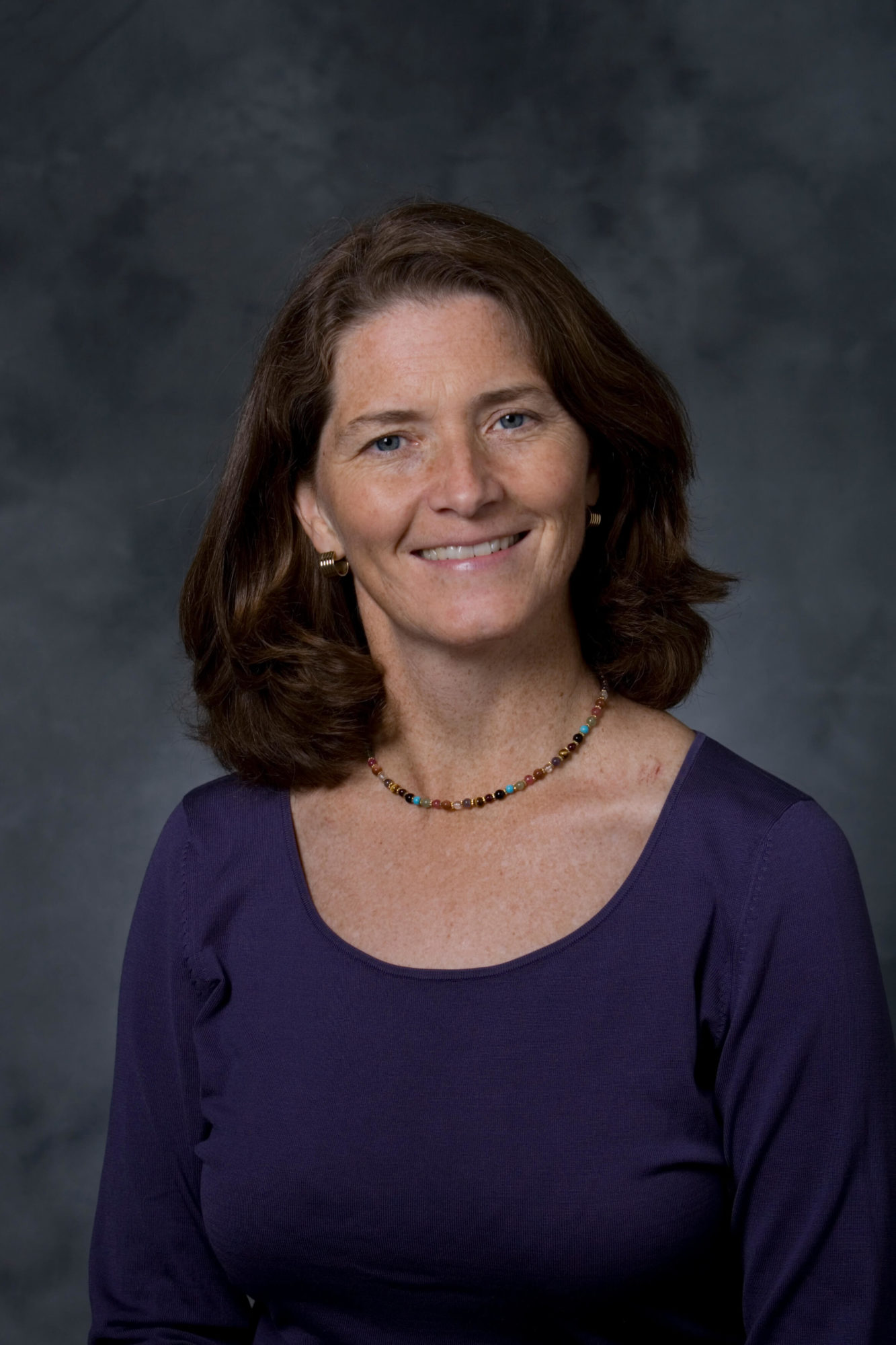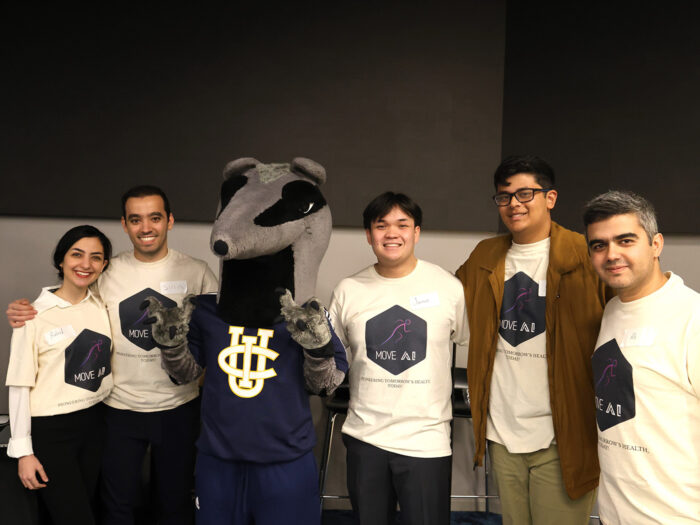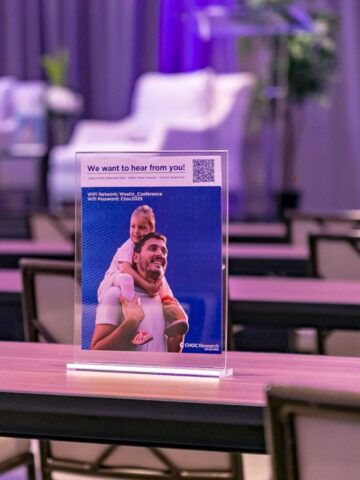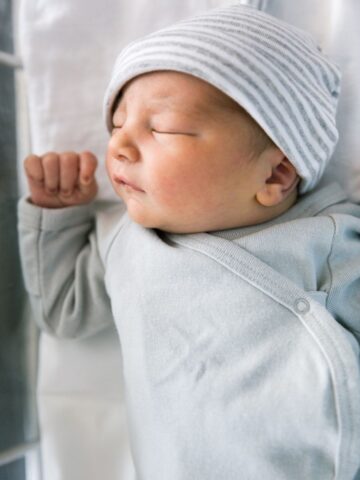Three UCI students involved in two separate research projects at CHOC – one concerning movement disorders, the other an interactive storytelling tool for patients – were among top winners in a recent competition on AI-based innovations in healthcare.
The students were among several hundred who competed in UC Irvine’s ANTrepreneur Center’s AI Innovation Challenge. The final nine team winners, out of an initial 85 teams, were announced Jan. 12, 2024, after a final showdown at UCI Beall Applied Innovation on UCI campus.
The winning teams split more than $50,000 in prize money after giving live, five-minute pitches to a panel of judges that included CHOC leaders.
“All of the students produced spectacular work,” said CHOC Vice President and Chief Scientific Officer Dr. Terence Sanger, who helped design the scope of the challenges and led a panel discussion on the challenges and benefits of AI in Healthcare.
That panel included Dr. Coleen Cunningham, senior vice president and pediatrician-in-chief at CHOC and chair of the Department of Pediatrics at UCI.


Dr. Shaista Malik, founding executive director of the Susan Samueli Integrative Health Institute and the founding associate vice chancellor of the Susan and Henry Samueli College of Health Sciences at UCI, also served on the panel, inspiring attendees to engage in integrative whole-person health.
“One goal is to help inspire students to think outside the boundaries of pediatric care delivery and give them a reason to start their entrepreneurial journeys,” said Ryan Foland, director of the UCI ANTrepreneur Center, where UCI students can get help to develop the skills to start, operate or grow their business.
A recent study by the American Academy of Pediatrics found improved health outcomes after the implementation of AI in approximately 22% of studies conducted at Neonatal and Pediatric Intensive Care Units.
Evaluating movement disorders
The AI for Health Impact track, sponsored by CHOC’s Research Institute, encouraged teams to examine the current state of the medical system and develop solutions to empower patients, identify and reduce health risks in the community, and optimize healthcare services.
The Health Impact tract winning team created MoveAI, a movement evaluation platform that combines cameras, electromyography, and AI to provide rapid and objective analysis to improve the diagnosis and treatment of movement disorders.
Students on the team, which won $10,000, include third-year biomedical engineering graduate student
Sina Javadzadeh No and third-year electrical engineering graduate student Rahil Soroushmojdehi.

Both No and Soroushmojdehi have been closely involved in obtaining and analyzing data from CHOC patients undergoing DBS (deep-brain stimulation) for disorders including dystonia. That work is part of The Sanger Lab, a joint UCI/CHOC research program.
The MoveAI team also included electrical engineering postdoc scholar S. Alireza Seyyed Mousavi, third-year biomedical engineering major Milan Bijoy Das, and second-year biomedical engineering major Jamie E. Salazar.
“Winning the AI Innovation Challenge was a pivotal moment for us,” the group said in a statement. “It reaffirmed that our innovative approach to movement evaluation holds significant promise from a business perspective and is well received by experts in the field.”
Watch MoveAI team’s video pitch
Winning second place in the Health Impact Track was team KidoCare, an AI-driven platform that improves the experience of hospitalized children by using large language model technology to engage in meaningful conversation and provide personalized entertainment.
The creators of KidoCare include second-year informatics graduate student Maryam Hassani, who spent a summer working with CHOCs Wellness on Wheels (WoW) Program. Hassani also supported the data aggregation expansion of The Fetal Care Center of Southern California, CHOC’s comprehensive fetal care and diagnostic center in partnership with UCI Health.
Other KidoCare students include third-year data science major Ghadah Ibn Jurais, third-year nursing science graduate student Mahkameh Rasouli, second-year computer science and engineering major Sophia Shaw, neurology postdoc scholar Pooyan Mobtahej, and second-year business administrationmajor Jaahnavi Bansal.
The KidoCare team won $5,000.
The third-place winner in the Health Impact Track was A-Eye Scan, a device paired with a mobile phone and AI technology that assists healthcare providers with early and accurate disease identification to reduce patient misdiagnosis.
The creators of A-Eye Scan were fourth-year biomedical engineering major Alla Mariam Samardak, fourth-year biomedical engineering major Rojin Farzanfard, third-year computer science major Martin Bobarshad, third-year biomedical engineering major Tair Kuzhekov, and business administration graduate student Sarah Yu.
Dr. Donny W. Suh, professor of the Gavin Herbert Eye Institute, ophthalmology, and chief of pediatric ophthalmology and strabismus, mentored the founders of A-Eye Scan.
Other winners
The first-place winner in the storytelling and entertainment track was the team behind Vision Board, which uses an AI computer vision-equipped camera to track pieces on a board and display the corresponding video and audio on a computer.
Vision Board team members included third-year computer science major Derek Yazan, third-year computer science major Jadon Ark, and third-year computer science major Souzen Khan.
In second place, Vango.AI – created by fourth-year business economics major Jai Hathiramani, second-year business economics major Shreya Mawandia, third-year business economics major Clare Wu, and fourth-year software engineering major Daniel Yi – aims to transform digital marketing for small businesses by generating editable content for them.
In third place was Overshoot, an AI camera assistant that seeks to capture and enhance daily memories with effortless precision. The creators of Overshoot were second-year computer science major Joshua Choi, second-year computer science major Nathan Choi, and second-year computer science major Paul Wong.
In the student experiences track, the first-place winner was the team behind Notive, an AI-powered note-taking tool that uses key point recognition and active learning techniques to help students retain information.
Notive is the creation of first-year computer science and engineering major Steven Cao, first-year software engineering major Spike O’Carroll, first-year business information management major Sahas Kasuganti, and first-year computer science major Kevin Wu.
In second place was Coursanity, which uses AI to aid students in finding career paths, courses, clubs and internships tailored to their academic background and personal preferences. Coursanity also builds a professional portfolio meant to connect job seekers with recruiters. It’s the creation of second-year quantitative economics major Tina Roshannia, second-year computer science major Ayush Mishra, and second-year computer science major Neema Jafari.
In third place was WellnessU, whose team includes first-year engineering graduate student Avantika Singh, first-year computer science graduate student Neil Havanur, and first-year mechanical and aerospace engineering graduate student Jaideep Alladi.

Learn more about medical innovation at CHOC
The CHOC Sharon Disney Lund Medical Intelligence, Information, Investigation and Innovation Institute, known as Mi4, is the hub for innovation at CHOC. Mi4 accelerates innovation and insight that will advance the health and well-being of children.




